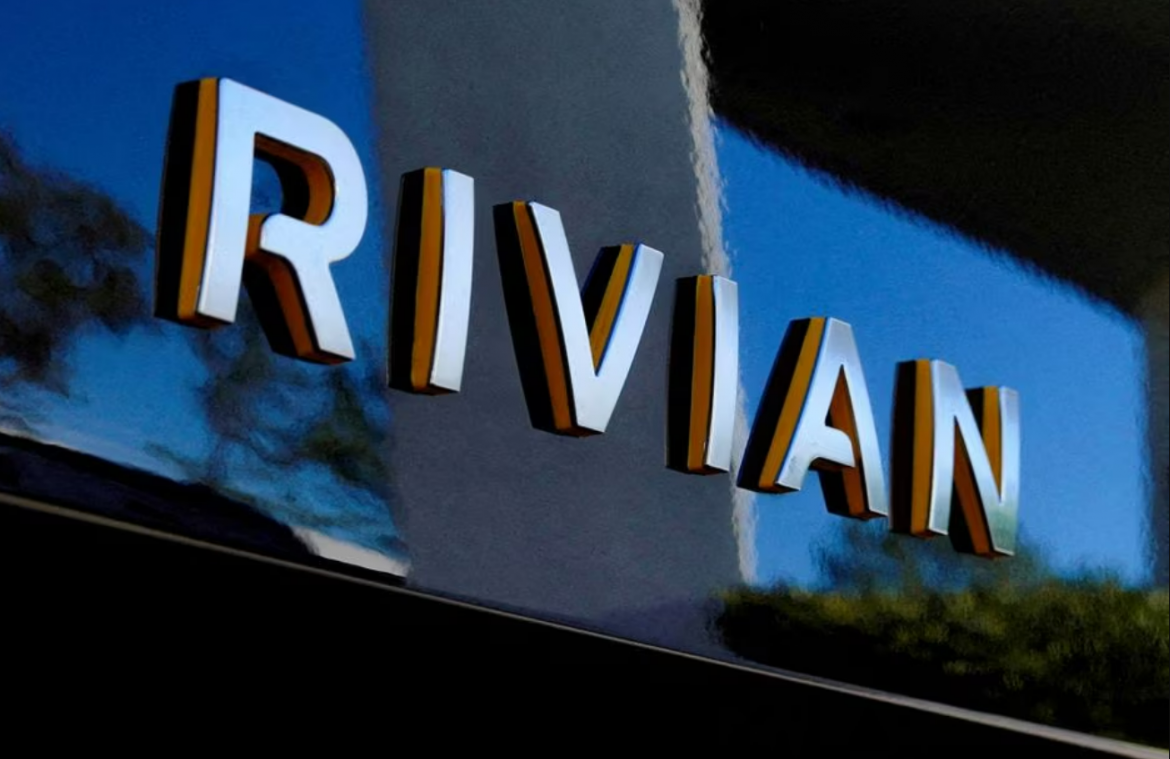Rivian is set to reduce material costs for its electric SUVs and pickups by 20% by the end of 2024, CEO RJ Scaringe announced on Thursday. This cost reduction follows a recent overhaul of its factory and a redesign of its vehicles, all aimed at driving the company toward profitability.
Shares of Rivian initially fell as much as 8.9% but later recovered to a drop of less than 3% after the company reiterated its forecast for mostly flat annual production growth. The stock had surged 23% the previous day, buoyed by news that Volkswagen plans to invest up to USD 5 billion in Rivian for a joint venture focused on EV architecture and software.
The partnership with Volkswagen is viewed as a vote of confidence in Rivian’s future, particularly as it prepares to launch the more affordable R2 and R3 crossovers. This collaboration is expected to help lower operating expenses as Rivian scales up production volumes.
Scaringe highlighted that material costs for the smaller and less expensive R2 vehicles will be 45% lower compared to Rivian’s flagship R1 models. He emphasised the significant savings achieved through enhanced focus and efficiency in vehicle electronics, which will play a pivotal role in reducing costs for the R2 series.
Earlier this year, Rivian temporarily closed its Normal, Illinois plant for three weeks to implement changes aimed at streamlining processes, removing excess equipment, and eliminating over 500 vehicle components. Similar efforts last year resulted in a 35% reduction in material costs for its electric vans.
Despite reporting a loss of approximately USD 39,000 per vehicle sold in the first quarter, Rivian remains optimistic about achieving its first quarterly gross profit by the fourth quarter of this year. To conserve cash, the company plans to commence R2 production at its existing Illinois facility instead of building a new plant in Georgia. Rivian is also renegotiating supplier contracts and increasing in-house production of certain parts to better manage costs.
During its recent investor day, Rivian hinted at the introduction of five new models, including three aimed at the “affordable mass market” segment. Looking ahead, the company targets a gross profit margin of 25% and an adjusted core profit margin in the high-teens over the long term, according to Claire McDonough, Rivian’s finance chief.
Despite headwinds in the EV market due to high borrowing costs and consumer preference shifts towards cheaper gasoline-electric hybrid vehicles, Rivian stands apart with its robust financial position and strategic initiatives. As Wall Street anticipates Rivian’s upcoming quarterly figures on July 2, the company remains steadfast in its production forecast of approximately 57,000 vehicles for the year, consistent with 2023 levels.



